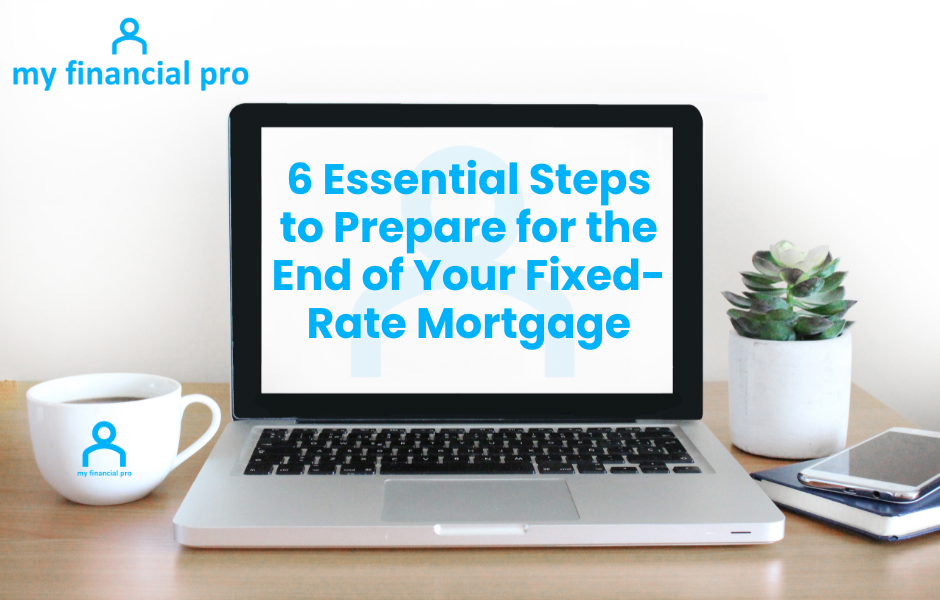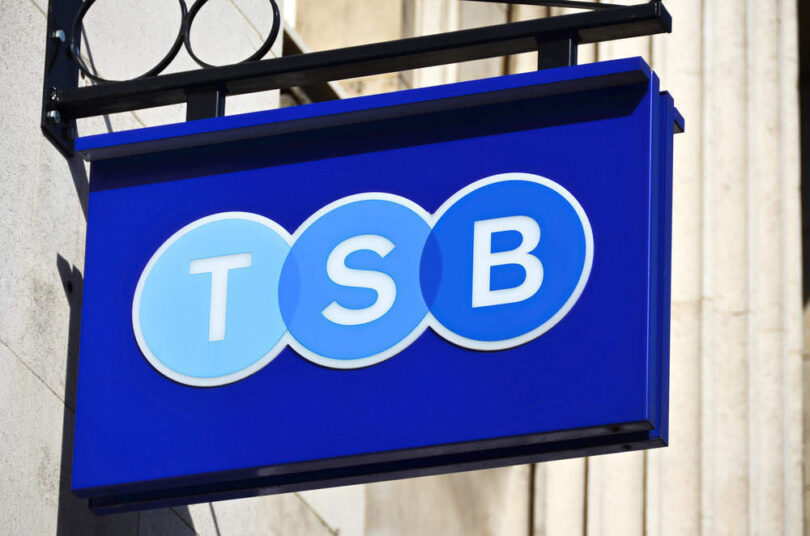Steps To Take When Selling Your Home

Are you ready to embark on the exciting journey of selling your home and making your next move? Whether you're seeking more space, a garden, or a complete change of lifestyle, the process of selling your home involves careful planning and strategic steps. Here, we can walk you through each stage, from arranging a property valuation to the final moving day.
Arrange a Property Valuation
The first crucial step in selling your home is obtaining an accurate property valuation. Reach out to a local estate agent to assess your property's value, considering its unique features and the local market. While online tools can provide rough estimates, an in-person valuation allows the agent to evaluate your home's condition, size, and overall appeal.
Check Your Mortgage Documents
Contact your current mortgage lender or advisor to explore your options and understand any fees associated with ending your current deal early. If your mortgage is portable, you might be able to transfer it to your new property. Understanding your borrowing capacity is essential for planning your next move.
Choose the Right Estate Agent
Selecting a trustworthy estate agent is pivotal to a successful sale. Look beyond fees and consider an agent with a proven track record in your area. Establish a rapport with your agent, ensuring they understand your needs and have recently sold properties similar to yours.
Prepare Your Home
Create a lasting first impression by enhancing your home's curb appeal. Address any exterior issues, declutter the interior, and consider setting up a dedicated workspace to showcase potential home office possibilities. Upgrading your broadband can also be a valuable selling point in today's remote work environment.
Set the Right Asking Price
Collaborate with your chosen estate agent to determine an appropriate asking price. Research recent sales of similar homes in your area and find a balance that generates interest without overpricing, potentially deterring buyers.
Check Your Energy Performance Certificate (EPC)
Ensure your property has a valid Energy Performance Certificate (EPC), providing details about energy usage. If you don't have one, obtain it promptly, as it's a requirement for listing your home for sale.
Find a Solicitor
Hire a solicitor early in the process to handle the legal aspects of the sale. Seek recommendations from your estate agent or friends, providing them with necessary documents promptly, such as title deeds and building certificates.
Accepting an Offer
Receiving an offer is an exciting step, but the sale is not final. Stay flexible with timing and efficiently produce requested paperwork to keep the process on track. Regular communication with your solicitor and estate agent is essential.
Exchanging Contracts
The 'Exchange of Contracts' legally binds both parties to the sale. Familiarise yourself with the costs, charges, and mortgage repayments during this stage. In Scotland, this process occurs slightly earlier in the overall process.
Preparing to Move Out
Utilise the time between exchange and completion to finalize moving arrangements. Cancel home insurance, read meters, and prepare for your moving day. Sign the Transfer of Deed to transfer ownership.
Completion and Moving Day
On completion day, the sale proceeds are transferred, and your home is officially sold. Prepare for the move by ensuring your property is clean and well-maintained. Leave with a positive impression for the new owners.
Selling your home involves careful planning and attention to detail. By following this step-by-step guide, you'll navigate the process seamlessly, making your transition to a new home a smooth and exciting experience.



